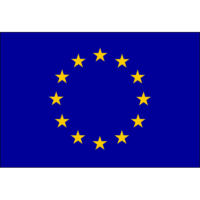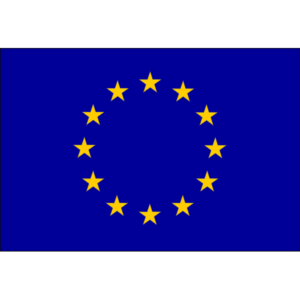The latest EU Blue Economy Report offers a thorough analysis of the blue economy sectors, highlighting the positive developments and emerging opportunities within this vital sector. Based on recent data, the EU blue economy is thriving, with new sectors such as ocean energy, blue biotechnology, and desalination leading the charge in business growth.
As of 2021, the EU blue economy employed 3.6 million people, representing a 17% increase from 2020. The sector generated nearly €624 billion in turnover, a 21% rise compared to the previous year. Additionally, it contributed €171 billion in Gross Value Added (GVA), marking a 35% growth. This data highlights a solid recovery and growth trajectory for the blue economy, despite challenges such as the COVID-19 pandemic and rising energy prices due to geopolitical events.
The report also underscores key trends in the blue economy’s evolution since 2009. It focuses particularly on socio-economic shifts between 2020 and 2021, showing that, apart from coastal tourism, most sectors experienced improved performance. Notable growth was recorded in offshore wind energy, which saw a 326% increase in nominal GVA between 2015 and 2021. Other sectors like shipbuilding, maritime transport, and marine living resources also saw significant gains.
Coastal tourism remained the largest sector by GVA, contributing 29% of the total in 2021, though it was severely impacted by the pandemic and had not fully recovered by that year. Maritime transport followed as the second-largest sector in terms of turnover, generating a substantial share of the EU blue economy’s GVA. The marine renewable energy sector, particularly offshore wind, also demonstrated strong growth, with profits rising 45% from 2020, reflecting the EU’s increasing commitment to sustainable energy sources.
A key area of focus this year is the energy transition, which has been greatly supported by blue economy sectors like blue biotechnology and desalination. The EU is positioning itself as a leader in developing marine renewable energy, including offshore wind, waves, and tides, to meet renewable energy targets and climate goals. While the fishing sector is facing challenges, particularly with rising fuel prices, initiatives like the Energy Transition Partnership for EU fisheries aim to reduce reliance on fossil fuels and support the sector’s move towards cleaner energy.
The report also highlights the potential economic impacts of climate change, with coastal flooding potentially causing damages between €137 billion and €814 billion annually by 2100, especially if current levels of coastal protection remain unchanged. The EU’s Outermost Regions, in particular, are vulnerable to these effects, underscoring the importance of enhanced climate adaptation measures.
The EU Blue Economy Report paints a positive picture of growth and resilience, with significant strides made in key sectors like renewable energy and marine resources. However, challenges such as climate change and the energy transition still require ongoing attention and investment to ensure sustainable long-term growth.
Fidelity European Trust PLC (LON:FEV) aims to be the cornerstone long-term investment of choice for those seeking European exposure across market cycles.



